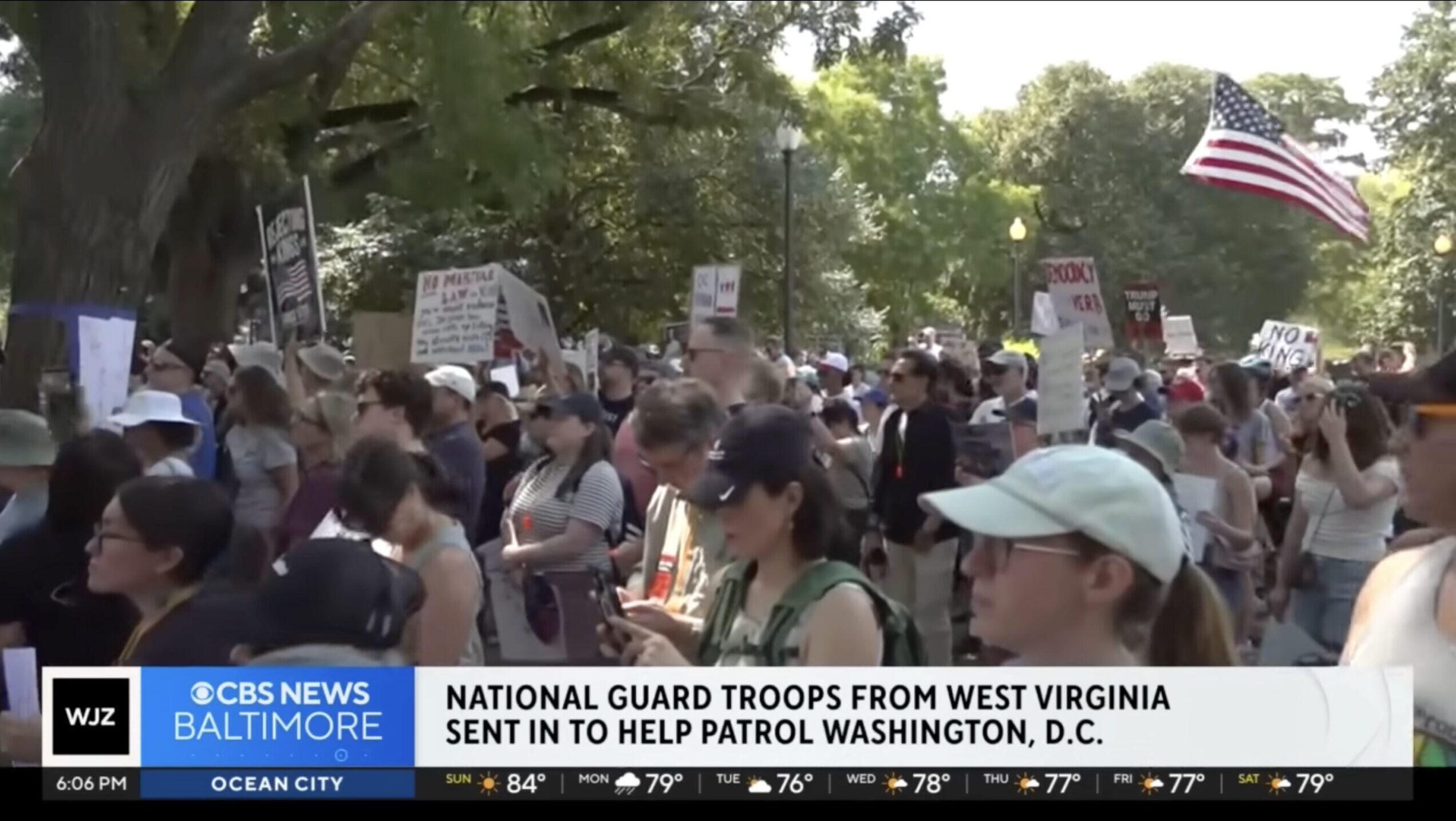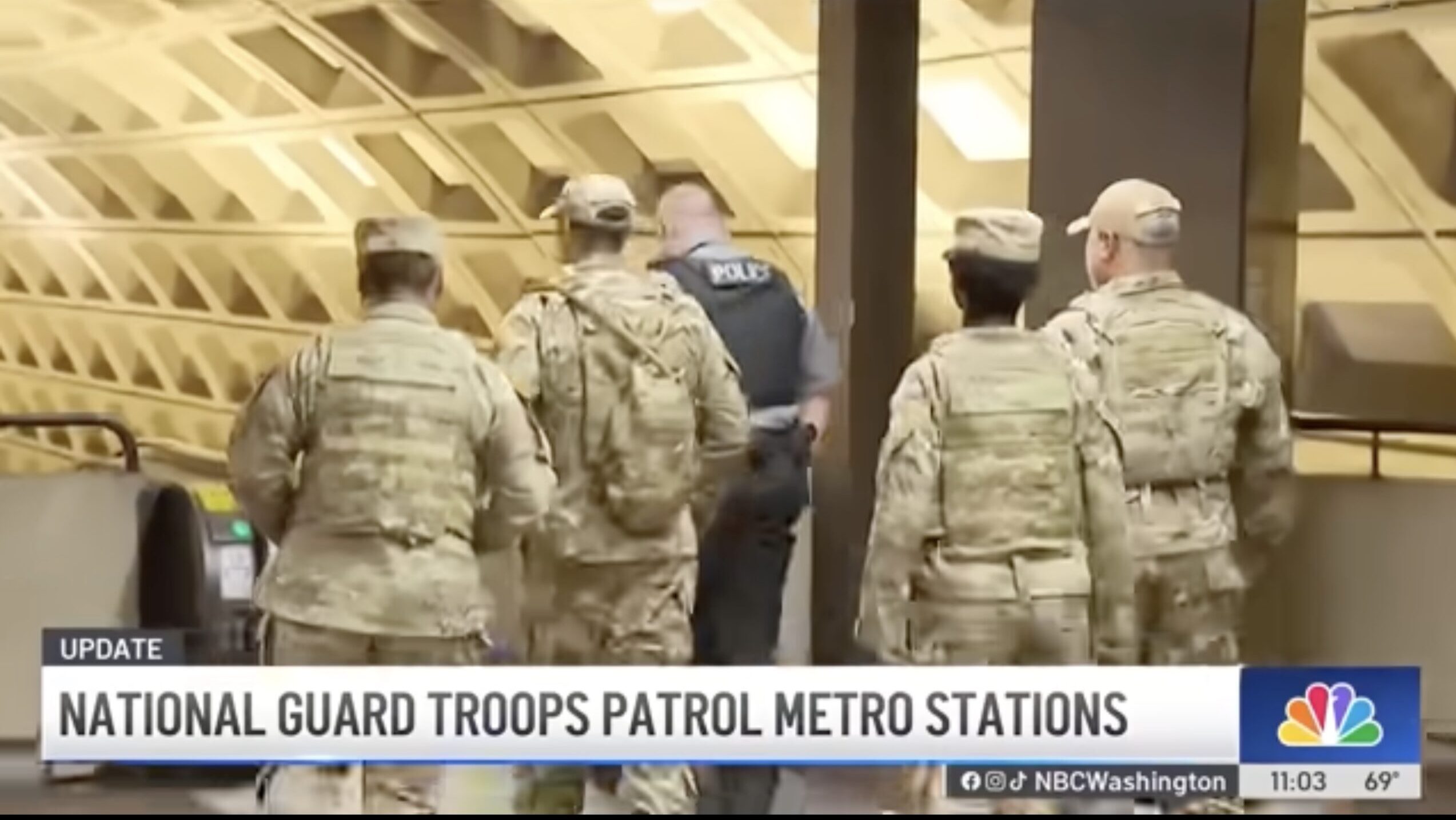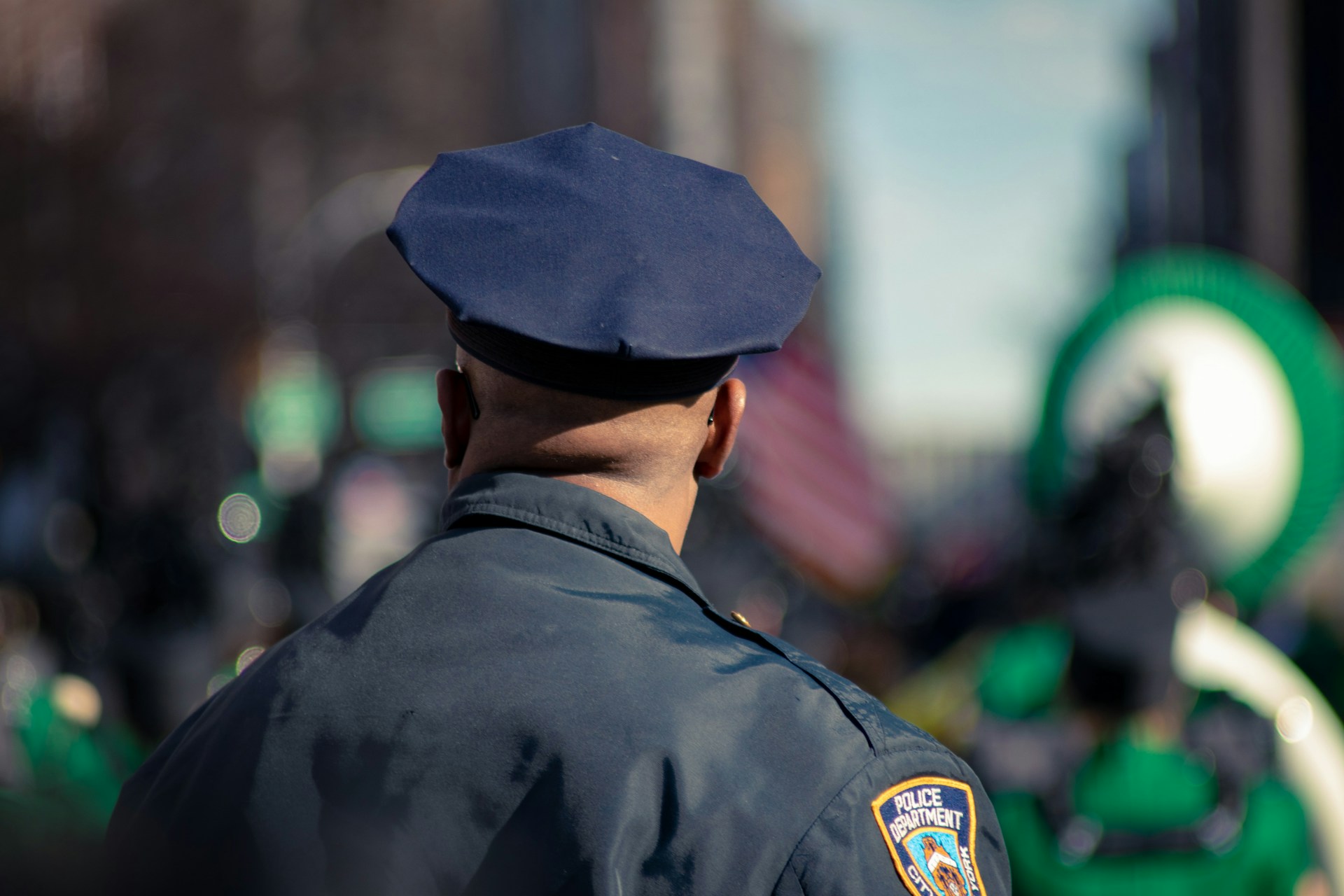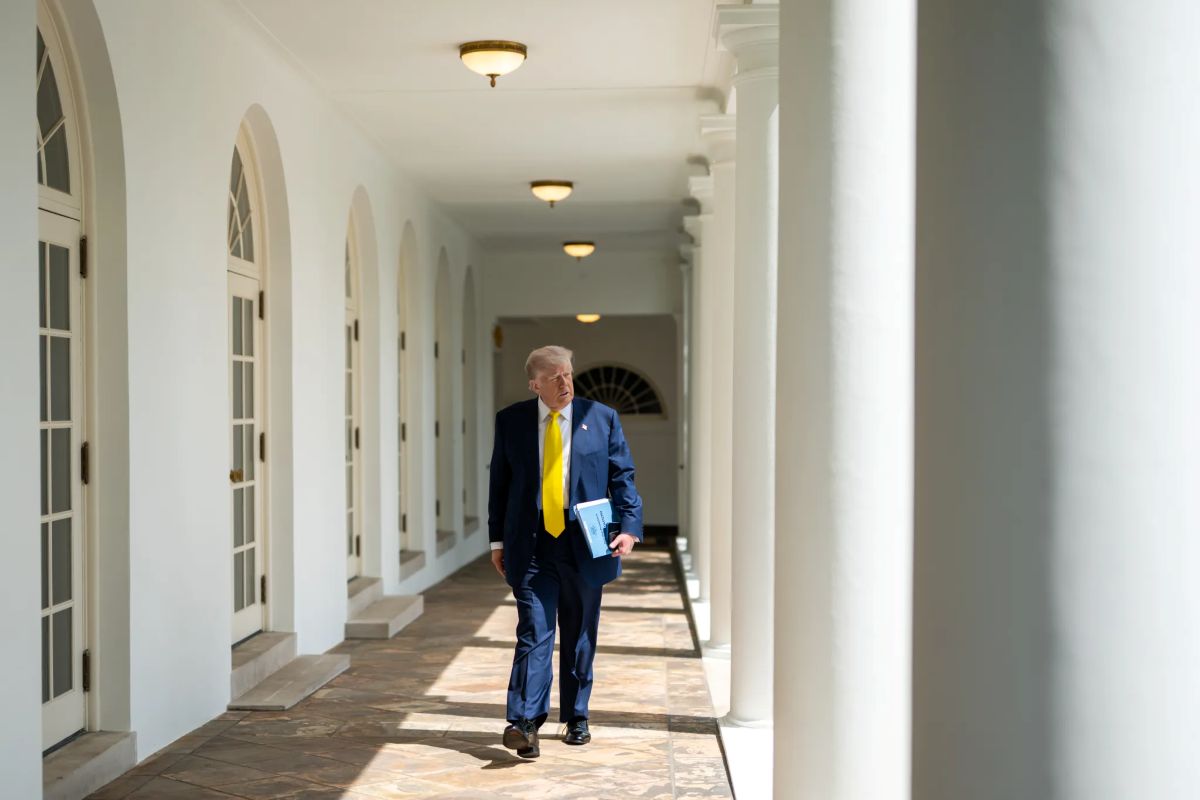A recent poll indicates that approximately 80% of Washington, D.C. residents oppose President Donald Trump’s deployment of the National Guard in the city, despite a notable decline in violent crime. The Washington Post-Schar School poll, conducted from August 14 to August 17, surveyed 604 residents and has a margin of error of +/- 4.1 percentage points.
The deployment, which aimed to bolster security amid rising concerns over violent crime, has sparked significant backlash among local Democrats. Critics argue that the presence of federal troops exacerbates tensions rather than alleviating them. Mara Lasko, a D.C. resident, described the situation as “crazy,” stating, “I don’t think they’re actually doing anything productive to make our city a safer place.”
In contrast, recent crime statistics suggest that the deployment may be having a positive effect. D.C. experienced its first week without a homicide in years, alongside an 83% decrease in carjackings, a 46% drop in robberies, and a 21% decline in car thefts. Overall crime rates fell by 22%, according to data reported by Fox45.
Despite these statistics, many residents remain skeptical. The same poll revealed that 65% of respondents believe the National Guard’s presence will not reduce violent crime. This skepticism is echoed by some local media reports, which have characterized the federal presence as unwelcome. Geoff Bennett from PBS News noted that residents are “adapting to life under federal control” as if facing a military takeover.
The political landscape in D.C. is predominantly liberal, which may influence public perception of the National Guard’s role. Alyce McFadden from The New York Times pointed out that the district’s residents are “overwhelmingly liberal,” suggesting that the opposition to the deployment may be rooted in partisan perspectives.
Supporters of the National Guard’s presence argue that the decrease in crime rates cannot be overlooked. They contend that the federal troops are necessary to restore order in a city that has struggled with rising crime. One supporter stated, “The data speaks for itself; we need to prioritize safety.”
The ongoing debate highlights the tension between public safety measures and residents’ perceptions of federal intervention. As the city grapples with its crime challenges, the effectiveness of the National Guard’s deployment remains a contentious topic.
In summary, while the National Guard’s presence has coincided with a significant drop in crime, public opinion in D.C. remains sharply divided. The upcoming weeks will likely determine whether the deployment will continue and how it will be perceived by the community.
READ ICE Arrests Convicted Criminals in Nationwide Operation



